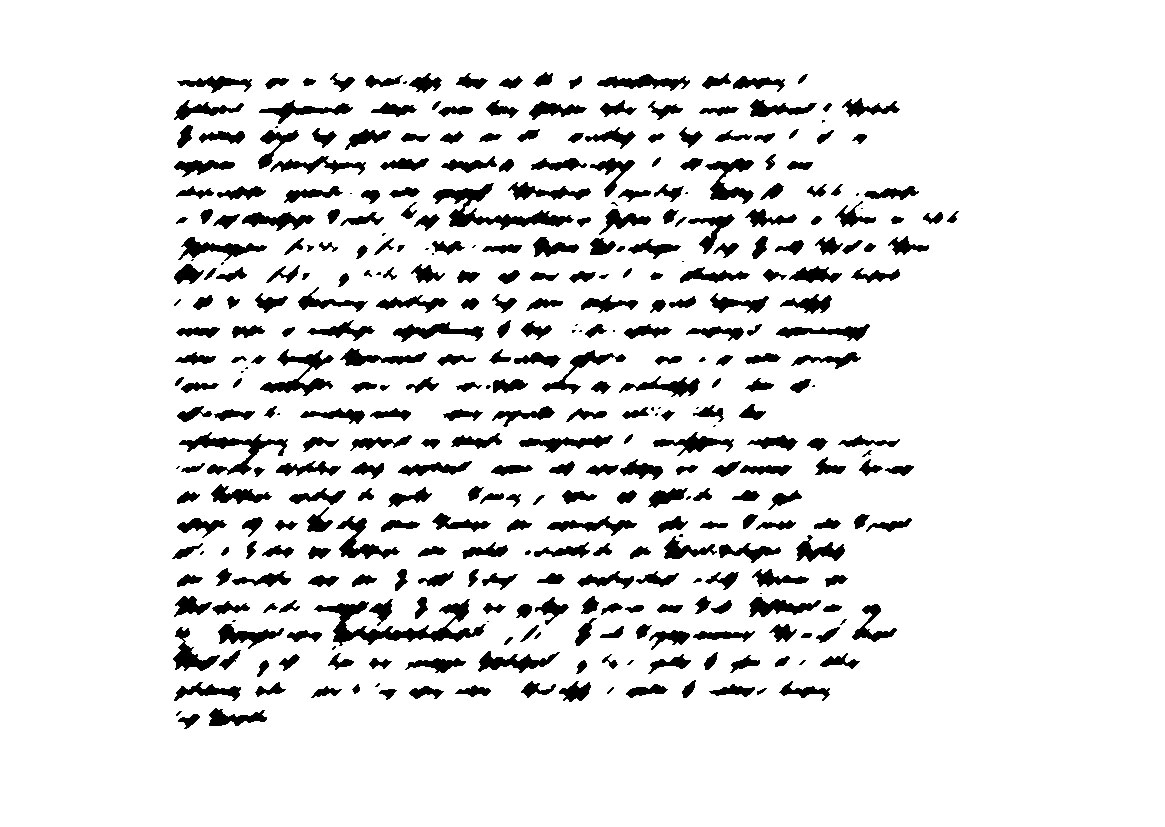(Costa Coffee, Potter St, Bishops Stortford, September 10 & 12, 2012)
Filthy after we put our tent up
– oh
here we are
singing squeakily
– not disordered
glittering I’d say rather
not
no not
some blurry mess
undelicious
folk songs
& the way I was sitting
I just woke up one morning
I can see you’re laughing now
Sarah
do you know the website
never miss the carnival
the laughter, too
is changing
this time
preserving
all possibilities
everything
on my back
– take it as a warning
please
And then I see
they’re still doing that
in the car park
– you know
another time
I bought it there
they know it’s naughty
but all at once
huge & flaming
I think it says
oh mongrel joy
we do need you
any way
we will
protect the wildlife
I get the cynicism
no one
that’s why we’re doing things
take it as a warning
it won’t last long
in the end
all fuckd up
this world
I’m sorry
only photocopies now
ripped & torn
that’s why created collage
heteroclite fragments
– oh we are!
It’ll take time to bind them up
all she sd
stands on the quay
come down from the fells at last
another person in front
finally we’ve moved on as well
just typical
this young world
[pounding beats
– easy, easy
several
minutes at will
the colleges
have got to understand
call off their choirs
yeah, yeah
let’s enjoy this now
slap of the water
the little lake
where we stopped one day
suddenly
what holds this together
familiar faces
– Sarah
you’re not eating bêche-de-mer
again?
buns for the weekend
simple things
usable & valued now
what they are
we are too
what we are
familiar to you then and
[fade
1 Two Keston Sutherland quotes from Hix Eros 4: On the Late Poetry of J.H. Prynne (2014) on the relationship between speech & poetry:
“Poetic thought,’ in Prynne’s sense, is located at what he has called the ‘borders and edges’ of language, that is, at the vastest and most nearly untraversable distance from the material corruptions of workaday language, which Prynne in 1986 called ‘the false & corrupted idiom of residual, vernacular commonalty as almost pure cant.’” Keston Sutherland, “Introduction: ‘Prynne’s late work?’”, p 10
“Poetic thought is not self-consciousness, but the truth of things, and poetry in its radical truth is not what humans speak, but the shining of the lexis in its priority to the subject.” Keston Sutherland, “Sub Songs versus the subject: Critical variations on a distinction between Prynne and Hegel”, p 132
Prynne’s argument is as follows (simplifying somewhat):
“the French keep this connection between singing and the edge, as in English chant and cant: offset or cut back at the leading rim, the sing-song of beggars demeans the word by giving it street-life and media hype”
“English chant and cant (=tilt, border) are not related in origin, any more than French chant and chant which must be separate words which ‘happen’ to have converged in the same form. But English chant and cant (= obscure argot) are related, and historically it seems that the (to lay folk) unintelligible Latin ritualism of liturgical performance may have triggered a resentful sense of an exclusive dialect, thence parodied by the socially rejected who then imitated the speech-tunes while inventing their own reserved formulations. Cant thus early descends into the underworld, seeming to the confidently rational a threat to the comprehensibility of open, lucid speech. It is demeaned not so much by its dark side, however, as by the ingratiating face offered to its masters and pastors, its solicitation of a false sympathy exploited for gain. … this would leave a false & corrupted idiom of residual, vernacular commonalty as almost pure cant: the daily diet of television, say, or the higher newspapers.”
from J.H. Prynne, “Extracts from Letters to Anthony Barnett” dated 5th January & 22nd January, 1986, pp 162 & 164-5, Michael Grant (editor), The Poetry of Anthony Barnett (Allardyce Book, 1993). I’m not deeply convinced by any etymological arguments (oh dear!); and even less convinced by Sutherland’s more general application of Prynne’s phrase. Not one to haggle or even heggle, I’m more for cant, whether thieves’, beggars’ or professional, than Kant. No absolute in language beyond our use of it; no origins beyond the factuality of what we are & speak.
